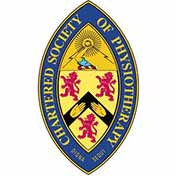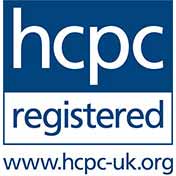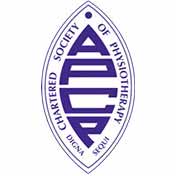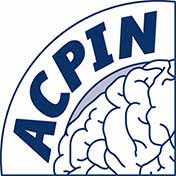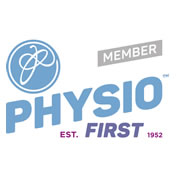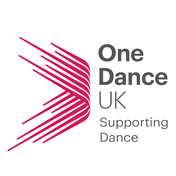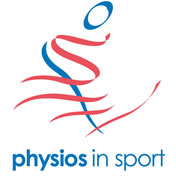Foot and Ankle Problems
Foot and Ankle Problems
The correct management of childhood foot abnormalities and any associated problems with walking can prevent the development of problems with the joints and limbs in later life. Although a child may not present with any pain, they may have poor foot and ankle positioning and mechanics, and subsequently issues with the way in which they stand and walk. Abnormalities in their gait pattern (arising from abnormal foot and ankle dynamics), may then lead to altered patterns of movement at their knees, hips and pelvis as the body compensates for these improper ‘biomechanics’.



